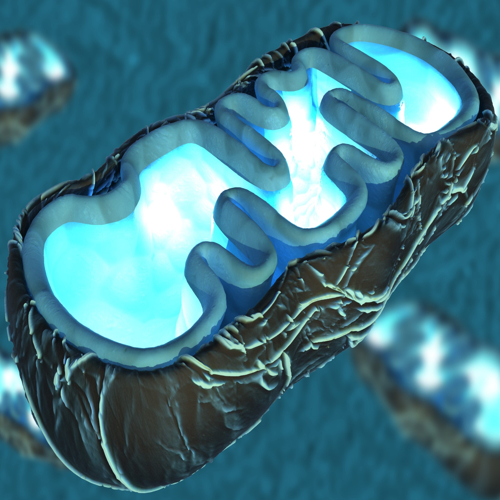Key points from article :
Alterations in mitochondrial DNA (mtDNA) expression occur in ageing and a range of human diseases.
First-in-class inhibitors of human mtDNA transcription (IMTs) have been now identified.
IMTs reduced mitochondrial gene expression in tumours suppressing tumour growth.
430,000 small molecules were screened to find lead compound LDC203974 (IMT1B).
IMTs target human mitochondrial RNA polymerase.
IMT1 treatment resulted in depletion of cellular metabolites in cancer cells.
IMT1B acts as an allosteric inhibitor impairing binding of the DNA–RNA hybrid
Unbiased genome-wide forward genetic screen in ovarian cancer cells was done to test their specificity. .
Decrease in cell viability was seen after IMT1 treatment in about one third of the tested cancer cell lines.
In human cancer cell xenograft mouse models - an oral dose of IMT1B for 4 weeks daily reduced tumour growth.
Research by Max Planck Institute for Biology of Ageing published in Nature.






